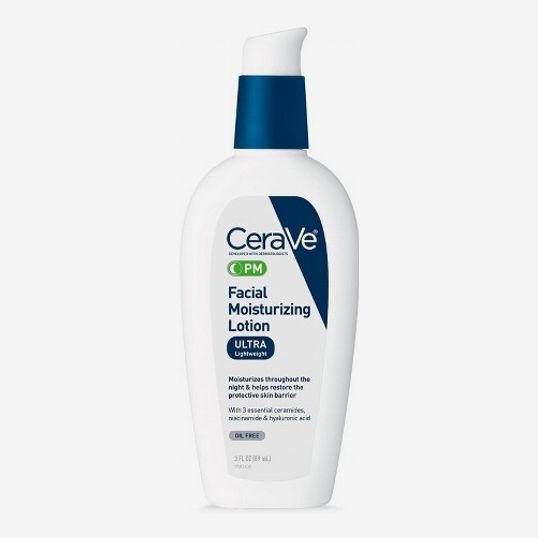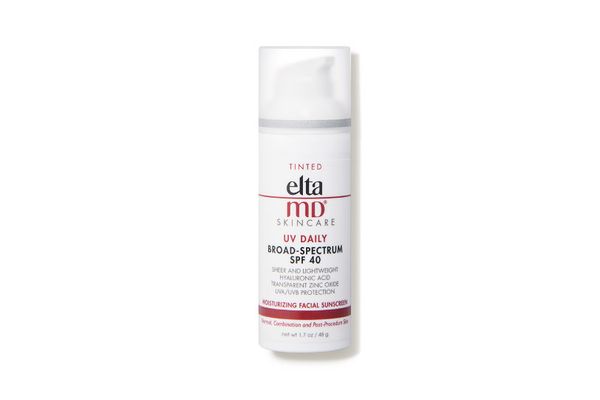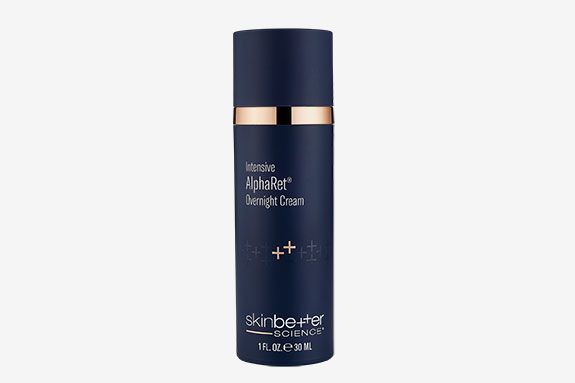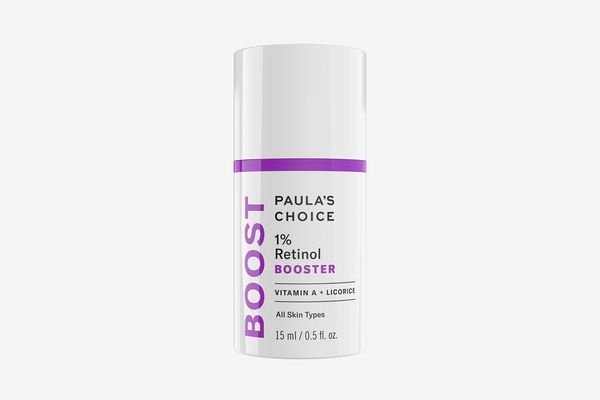
Retinoids, over the past decade, have reached near-mythic status. The vitamin A derivative, and it’s over-the-counter iteration, retinols, have gone from something found in your mother’s anti-aging script to a must-have for anyone trying to delay the aging process, combat acne, or achieve a hard-to-believe-it’s-real glow. I, myself, have always been deeply skeptical of retinoids. Mainly I worried that by using such an intense ingredient (users, in the first few weeks, can expect to see irritated, dry, flaky, or red skin), I’d be risking damage to my naturally fairly clear complexion in a fruitless attempt to attain the unattainable. This skepticism was validated when I spoke with dermatologist Laura Scott, who let me know that actually, yes, retinoids can have a particularly negative effect on dark skin. Dark skin, she explained, is much more reactive to trauma or damage, including irritation caused by high-intensity skin-care ingredients like retinol. And that trauma can lead to hyperpigmentation. Basically, if your skin does respond negatively to the retinol, the irritation is much more likely to lead to longer-lasting hyperpigmentation. “Those marks can last anywhere from two to four months to clear up,” she says, and that’s best case scenario, with regular use of sunscreen, and the discontinuation of the products that caused the inflammation in the first place.
But Scott doesn’t want the risks to stop people of color from using retinoids entirely, which she says can be a great way to even out skin tone and address small bumps and blemishes. “As much as we say “black don’t crack” — and we do age a lot more slowly thanks to our melanin — black people are more prone to uneven skin tone, and retinols can be a nice way to keep everything really nice and glowy,” she says. Retinoids increase cell turnover (which means you’re basically sloughing off layers of skin at hyperspeed), and if your skin isn’t irritated by them, can actually help to fade dark spots and increase collagen production to help skin achieve that bouncy, glowy appearance.
Scott recommends that all her patients (but her patients of color in particular) start off slow, especially if they have sensitive skin or conditions like eczema — once or twice a week maximum. She also prefers products with the lowest possible concentration of retinol (0.025 percent), in a cream format (as they tend to have built-in moisturizers, unlike creams or gels) — her personal favorite is SkinBetter Science Alpharet Overnight Cream, which she says is gentle, but effective, and has ingredients like lactic acid which also helps with exfoliation.
She also likes her patients to apply a layer of moisturizer before they go in with the retinol. This, she says, provides a barrier between the ingredients and the skin without reducing the retinoids’ strength, and helps the product sink in slowly, decreasing the chance of irritation occurring. Scott particularly likes CeraVe’s PM Facial Moisturizing Lotion for this, a light, oil-free option that’s packed with ceramides (which helps to reinforce the skin’s barrier), niacinamide (which helps to fade discoloration), and hyaluronic acid (this helps your skin to attract and retain moisture).
Once your skin adjusts to the retinol, Scott recommends being proactive when it comes to protecting against hyperpigmentation, and to be hypervigilant about applying and reapplying sunscreen throughout the day. Scott likes tinted sunscreens with zinc oxide, like EltaMD UV Tinted Sunscreen, which combats hyperpigmentation and protects skin all at once.
So should black women avoid retinols entirely? No. They can be incredibly helpful when it comes to addressing stubborn hyperpigmentation and achieving an all-over glow. But they certainly do need to be much more careful about taking care of their skin when using it. Dark skin is fragile and needs careful tending to, so start off, as Scott likes to say, “low and slow,” and watch your skin like a hawk for any (non-glow-related) changes.
Scott’s retinol recommendations for dark skin
Scott likes this option because it’s gentle on the skin, and contains lactic acid, which she says offers almost immediate effects.
Scott also likes this slightly more affordable option from Paula’s Choice, which has a slow-release system (thus, is less irritating) and licorice root, which helps to lighten hyperpigmentation while also soothing inflammation.
The Strategist is designed to surface the most useful, expert recommendations for things to buy across the vast e-commerce landscape. Some of our latest conquests include the best acne treatments, rolling luggage, pillows for side sleepers, natural anxiety remedies, and bath towels. We update links when possible, but note that deals can expire and all prices are subject to change.










